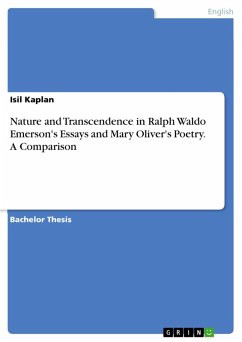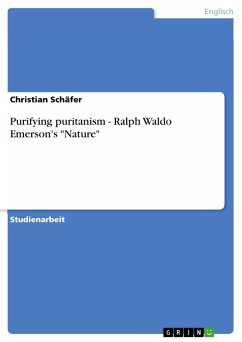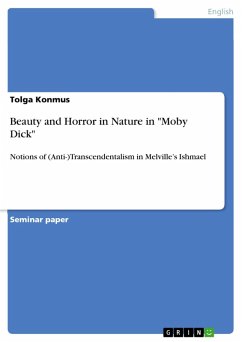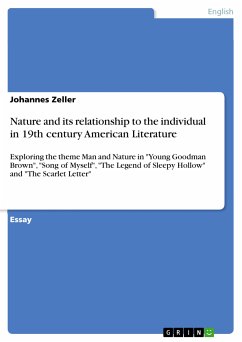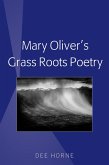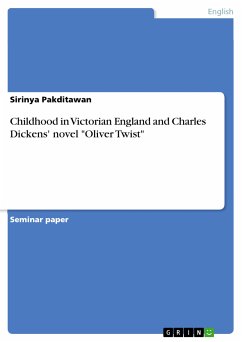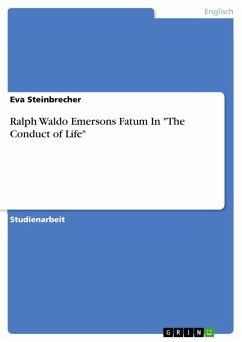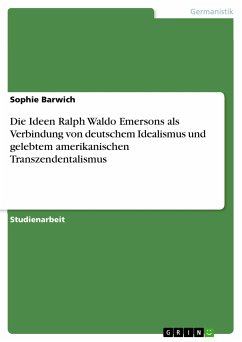Bachelor Thesis from the year 2016 in the subject English Language and Literature Studies - Literature, University of Dusseldorf "Heinrich Heine" (English), course: American Literature, language: English, abstract: This Bachelor thesis addressed the themes of nature and transcendence in Ralph Waldo Emerson's essays and Mary Oliver's poems in a comparative manner. Transcendentalism is best known as a literary genre in the American literature. It was a whole new system, which was built upon various literal, religious, and philosophical studies, such as Idealism. Ralph Waldo Emerson, who was born in 1803, is the first person to define Transcendentalism. With his essay 'The Transcendentalist' Emerson (1841) presented transcendentalism as a philosophical movement, which, then in years, developed into a spiritual, as well as a religious movement that evoked a social reform in society. The transcendentalists adopted a metaphysical view on the phenomena of nature, wherefore we find a collection of works written on the theme of 'nature' at that time. Mary Oliver, on the contrary, who was born on September 1935, is the winner of the Pulitzer Prize for American Primitive (1984). She wrote over twenty books, including her poems, essays and two books about poetry. Oliver writes a lot about nature and often uses religious or spiritual vocabulary in her works, such as God, soul, prayer, etc. The scholars mostly focus on the notions of ecoethics, feminism and mindfulness in her poetry. Still, it is hard to put Oliver's lyric into a certain framework. What is Emerson's transcendental philosophy concerned with? What do Mary Oliver's poems depict about the soul and God? Does it have any relevance with the Emersonian idea of transcendence? How is nature described in Emerson's essays? Does the phenomenon of nature in Mary Oliver's poems have any similarities with Emerson's idea of nature? What do Spirit, Soul and God refer to in Emerson's works? What is the role of man in existence in Emerson's essay as opposed to Mary Oliver's speakers? To sum up, my goal with this thesis is to observe the notions of nature and transcendence in both authors' selected works, in order to find out, whether there are any correlations or differences between their ideas. The questions mentioned above will be answered in detail in the following chapters.
Dieser Download kann aus rechtlichen Gründen nur mit Rechnungsadresse in A, B, BG, CY, CZ, D, DK, EW, E, FIN, F, GR, HR, H, IRL, I, LT, L, LR, M, NL, PL, P, R, S, SLO, SK ausgeliefert werden.

